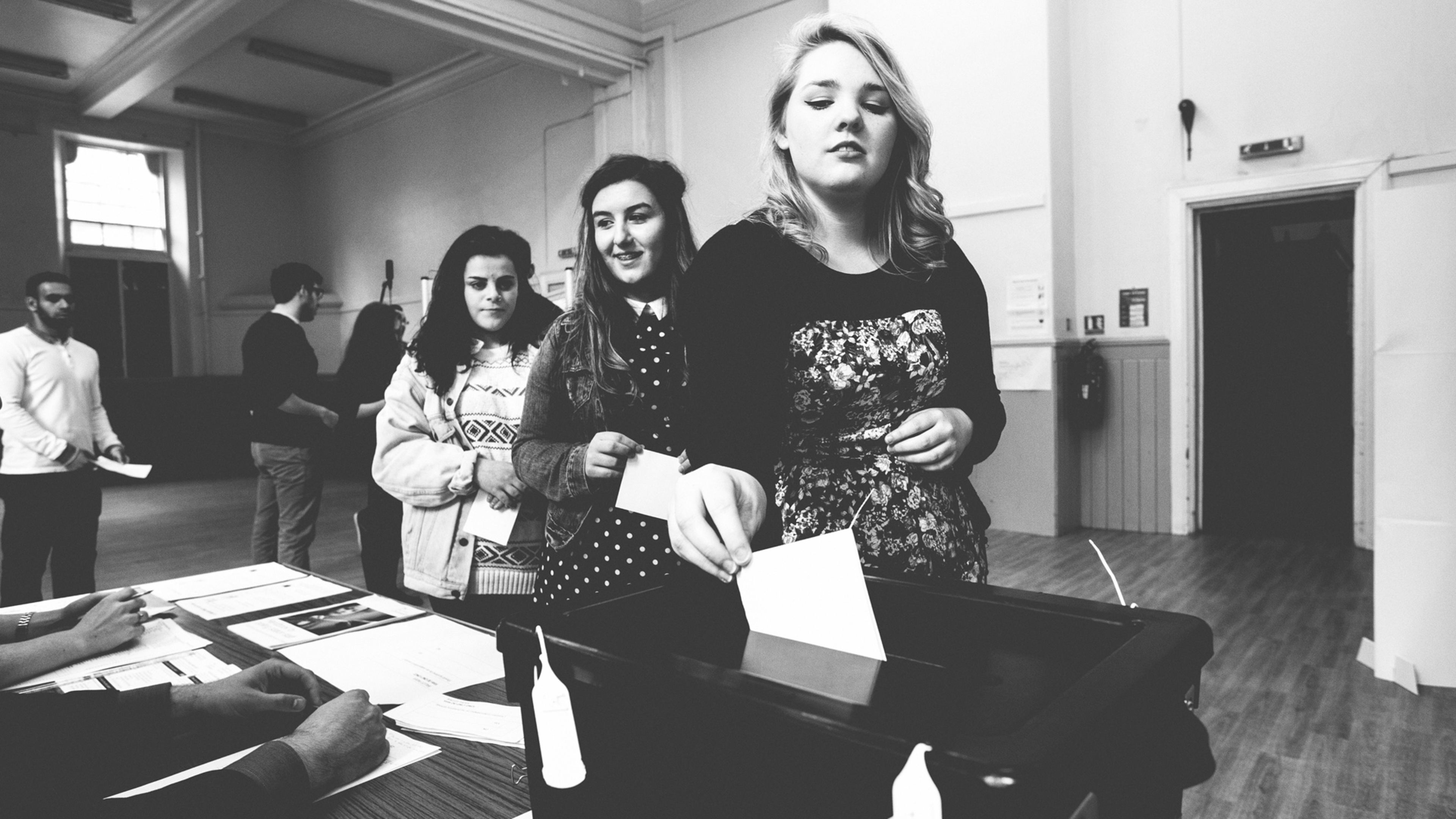Over the weekend, Donald Trump repeated his claim that he doesn’t want voters’ donations, he just wants their votes. But even if Trump has billions of dollars of his own fortune to spend on the campaign, not taking donations could still hurt him.
“I don’t need your money, I need your vote. Keep your money, I don’t want any of your money,” Trump said during a rally in Plymouth, New Hampshire Sunday.
But, it turns out, donations and votes are strongly linked in the minds of voters. Research shows that once voters make a financial contribution to a campaign they are far more likely than other supporters to cast a vote for the candidate. They feel that they have “bought in.”
So when Trump tells voters he doesn’t want their money, he is missing a golden opportunity to lock in their commitment. (He also sends a message that he’s very rich and full of bravado, but money and hubris seem to play well with his base.)
Trump gave away a victory in Iowa by believing that he didn’t have to invest in a large ground game in the state. His campaign believed that his celebrity and constant TV coverage would be enough to fire up voters and get them to the caucuses.
It didn’t happen. Trump came in second to Ted Cruz, and came within a couple thousand votes of finishing behind Marco Rubio. Cruz and Rubio have each invested heavily in sophisticated, data-driven get-out-the-vote operations. They also gladly take donations from supporters.
Now, going into the New Hampshire primary, many suspect that those in Trump’s strongest demographic groups are underachievers when it comes time to show up and vote. The candidate has a big lead in New Hampshire–more than 20 points–but sources inside both the Cruz and Rubio campaigns believe Trump’s lead is overstated. Pledging one’s support for Candidate A to a pollster is far easier than driving through bad weather (and it may very well be bad weather) to actually vote for him or her.
And New Hampshire voters are notorious for expecting lots of contact with a candidate before pledging their support. Regardless of Trump’s lead in the polls, this seems like a major disconnect between the style of the candidate and the style of the electorate.
At any rate, a donation can be considered a form of the “contact” that New Hampshire voters require of the candidates, and an important one.
If Trump wins by a margin of well less than 20%–and that’s a very possible outcome–it may be in part because he needlessly discouraged donations.
Political donations are more than just money. They’re a handshake between voter and candidate.
Recognize your brand’s excellence by applying to this year’s Brands That Matter Awards before the early-rate deadline, May 3.
